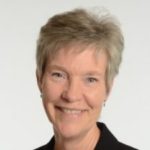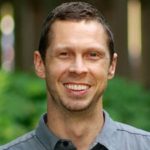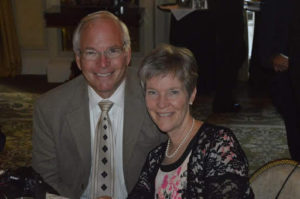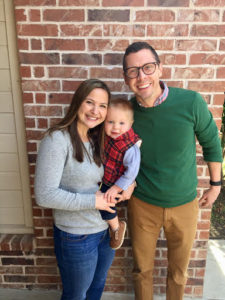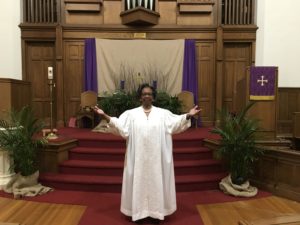On October 14, 2018, Pastor Jenny Smith Walz preached from the sermon series ‘Miracles Everywhere’ on the topic “Seeing”. Her text is from Mark 10:46-52 (Blind Bartimaeus – “Rabbi, I want to see”) and 1 Kings 19:11-13 (Elijah – God passes by in the gentle whisper).
How have you experienced God lately?
We are looking for miracles this month.

For some this is easy and natural. For many of us this is quite foreign. God is everywhere, but not obvious. Seeing takes practice. Speaking about what we have seen also takes practice. That’s why we need our God-Vision-Goggles.
Miracles are those events that bring people from darkness into light. They turn our attention to what really matters in life and in death. Miracles point beyond the one before us to the One who made us for love’s sake. Miracle means the activity of God. (R Bultmann)
Miracles are our experiences of God’s love, power, presence, and purpose.
What’s the miracle here? – of course Bartimaeus’ sight is restored. But there’s more than meets the eye:
Nearing the end of Mark – last healing miracle in the gospel, next to last miracle.
End of a whole section where sight is the issue. Christ confronts Bartimaeus’ physical blindness, but he’s also working on the spiritual blindness of his disciples.
You notice they are trying to keep Bartimaeus from Christ. They are trying to protect Jesus, but haven’t fully figured out that he doesn’t need this kind of protection. This kind of protection goes against the very kind of Messiah he is. He is about healing, unity, reconciliation, love for all people, not just a few chosen ones.
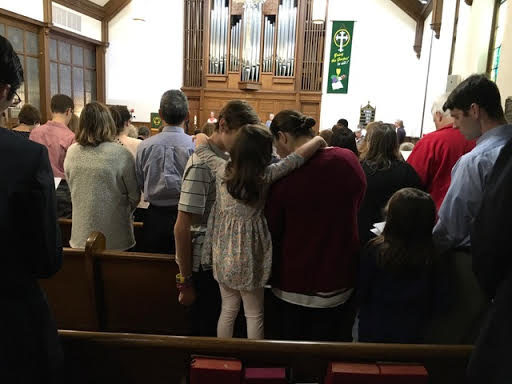
The spiritual blindness of his closest followers who have failed to fully grasp the upside-down kingdom that Christ has brought near.
Earlier in this chapter – James and John ask Jesus to grant them a favor. Jesus asks “What do you want me to do for you?” The very same question he asks Bartimaeus when he cries out for Jesus and finally gets direct access to him. “What do you want me to do for you?”
Disciples: one sit at left hand, one at right in your glory. Bartimaeus: let me see again.
Disciples: sidestep suffering. Bartimaeus: born out of loss, exclusion, helplessness.
The disciples are blind to the reality that in Christ the blind receive their sight, the lame walk, the lepers are cleansed, all discover their freedom. Blind to the reality that Christ is the kind of messiah who goes to the poor, the dirty, the obnoxious, the most desperate, most broken, most troubled, most defeated, most rejected ones.
Somehow Bartimaeus sees that Christ is the Messiah. But he too sees only in part.
He’s regained his physical sight at the word of Jesus, and can now do nothing else but follow him! He has experienced God’s power, presence, love, and purpose right in this miraculous moment, and so he goes, follows this one who have him his freedom.
The very next chapter is the Triumphal Entry – they are about to walk into Jerusalem in a grand processional, and every one of those Jesus supporters that day expected a Messianic revolt to commence under the generalship of Jesus of Nazareth.
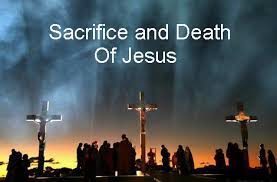
Instead they will see him suffer, be rejected, die. Their world will be turned upside-down and inside-out. In witnessing all of this, and ultimately the resurrection of Christ, their blindness will be healed. They will be able to see who the God revealed in Jesus actually is. In his resurrection Christ gives his followers eyes to see the good news of God’s ongoing reign.
The work of Christ is seeking to cure the spiritual blindness of his disciples.
Not even the blindness of his closest followers can impede the work of Christ in the world
Eddie in Puerto Rico
I saw a miracle in him, and he told me about miracles he’s experienced.
Going to church. He went because he was invited. He’s a skateboarder, and spends his time on the streets, in skate parks. One day a friend of his asked him to go to church. eventually he went – for a while. Then he faded away again.
He heard God say to him – you need to go back to church. And so he did.
I asked him what was different about his life after being part of a faith community. Everything. How he thinks, how he feels, his relationships, his friends, his family, how he spends his time and money. He feels a call to ministry- possibly to be a missionary. For now he’s working with ReHace. He’s experiencing relief as he manages his Type 1 Diabetes – diagn in Jan. He’s inviting his friends from the skatepark, off the street to come to church, to meet Jesus, to see something he’s been able to see only for a short time himself. But enough time that he’s experienced his own eyes able to see in ways they never have before.
He’s catching flack from his church members about hanging out with the skater kids. But to me it sounds as if he sees something those church insiders don’t, much like the disciples. He’s been given sight and freedom, and now he must follow. He talks to his friends about Jesus, about the miracles he’s experiencing. He invites them to church. Sometimes they come and sometimes they don’t. That doesn’t stop him from talking about the miracles he’s experienced.
Let’s look for Miracles Everywhere:
Prayer – My teacher, Jesus, Let me see again.
Small – ordinary – your breath, the people, another day, glimpses of a bird or a butterfly or a squirrel – ordinary things, yet you notice something more – recognize that life is of God, beauty is a gift from God, a reminder, an assurance, some hope, some comfort. God does not reveal himself in the wind, the fire, the earthquake with Elijah – it’s the sound of sheer silence. The opposite of what we might assume.

Relationships – Pay attention to service, acts of mercy, small sacrifices, what we do for love
Brokenness – Pay attention not just to success, but to failure. Pay attention to what is broken. Pay attention to the broken pieces, the shards, the tears, and to joy. Pay attention to what, and who, needs healing. Pay attention to what is bent over. Miriam – learned music from a woman who could no longer talk, much less sing.

Put on your God-Vision-Goggles. What miracles have you seen?
Stewardship
Bartimaeus couldn’t help but follow this one who had given him sight
When we are able to see Miracles Everywhere, we realize all is gift, and we too can do nothing but follow this one who pours out gifts upon us
Our response is to follow to give.

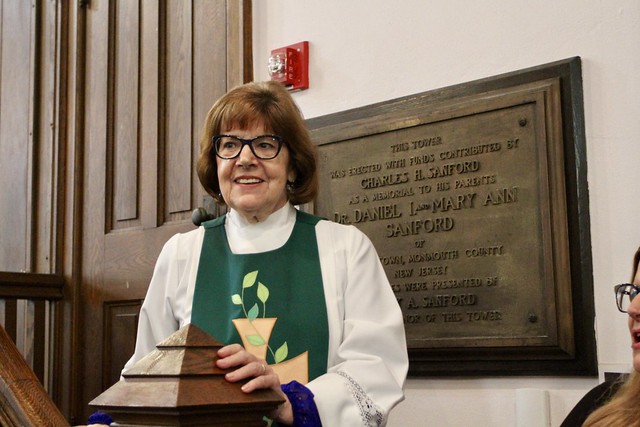
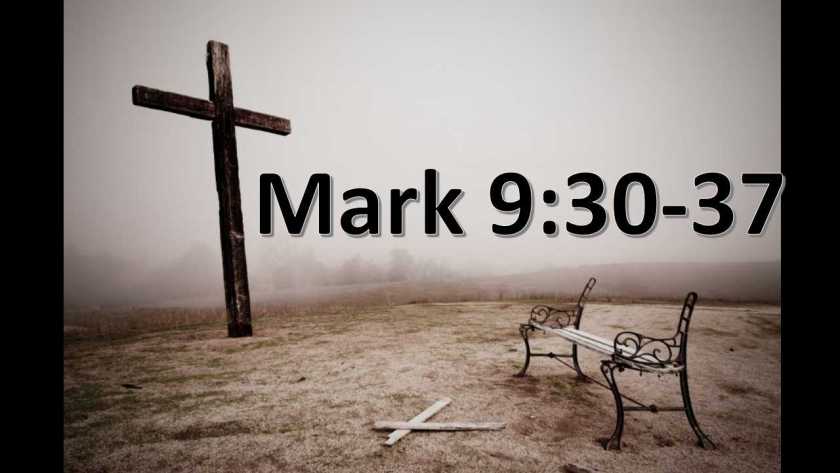
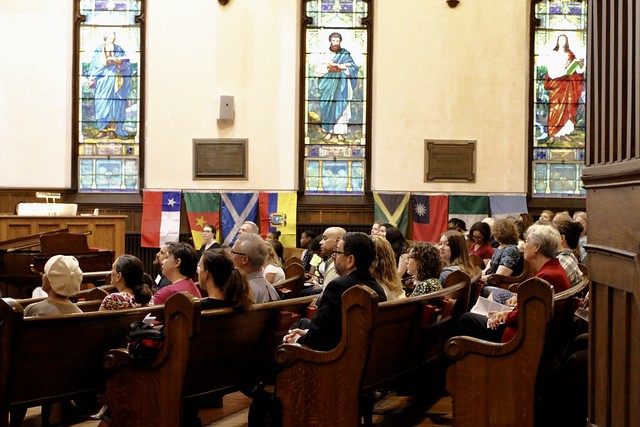
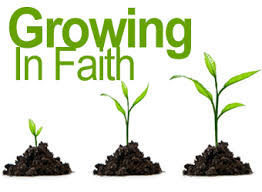
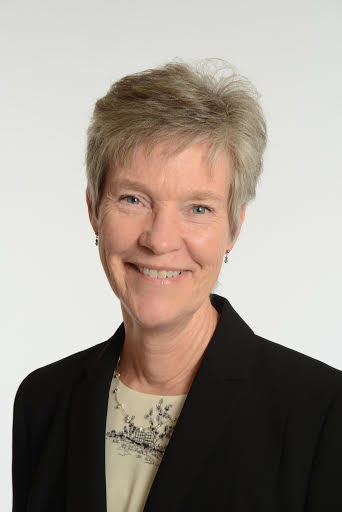
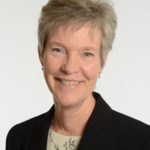
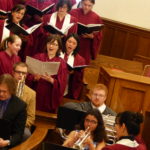
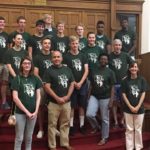



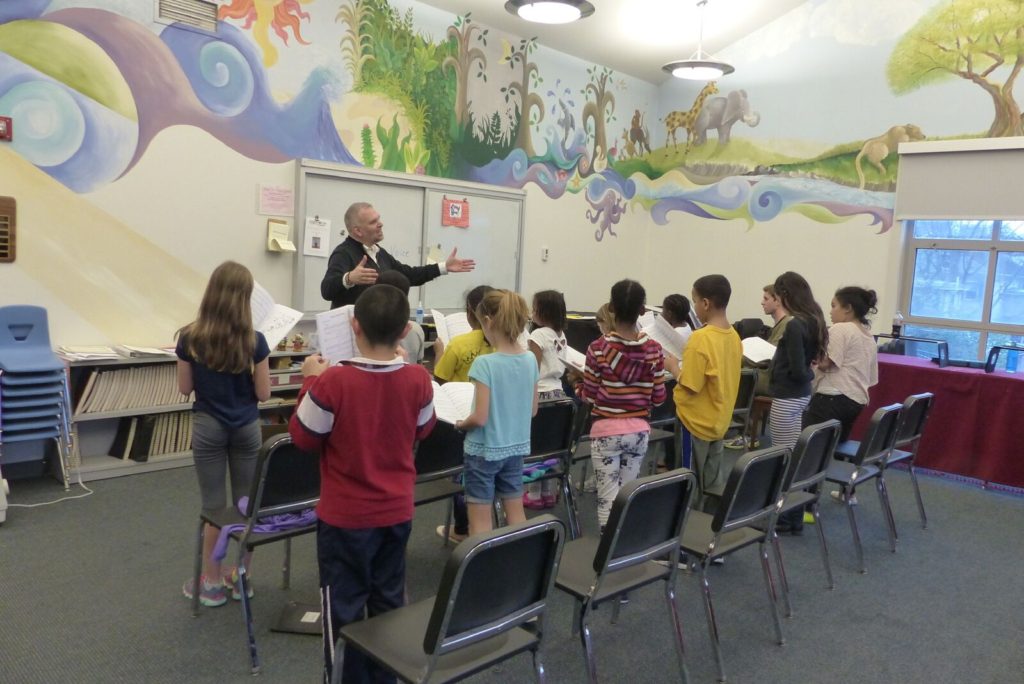 The beauty of Christian music comes alive when children and youth feel what the lyrics say, according to
The beauty of Christian music comes alive when children and youth feel what the lyrics say, according to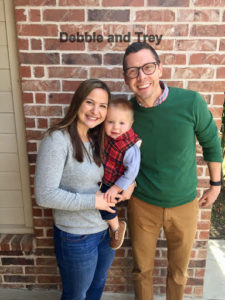
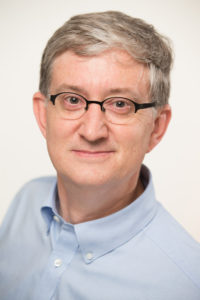 Dr. Ed Felten will speak about his two years in the White House on Sunday, September 10 at 8 a.m. All are welcome to the hot breakfast, prepared by Ian Macdonald and served by the United Methodist Men. That day is also the Fall Kickoff — worship begins at 10 a.m., followed by a “Get connected” fair.
Dr. Ed Felten will speak about his two years in the White House on Sunday, September 10 at 8 a.m. All are welcome to the hot breakfast, prepared by Ian Macdonald and served by the United Methodist Men. That day is also the Fall Kickoff — worship begins at 10 a.m., followed by a “Get connected” fair.